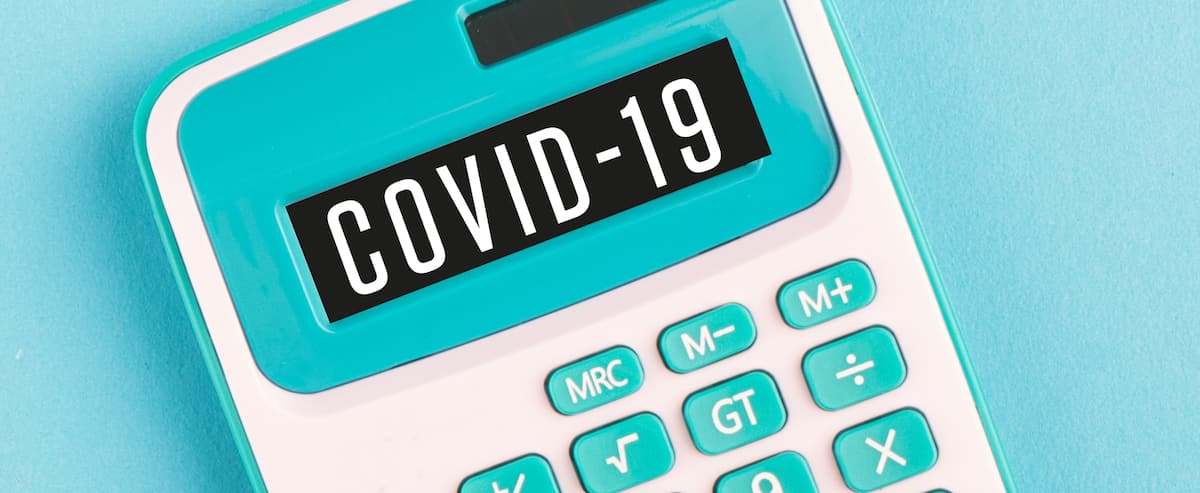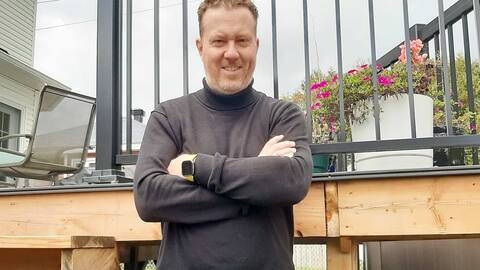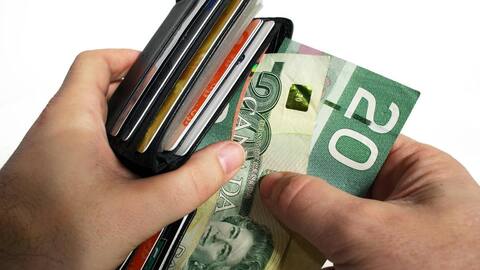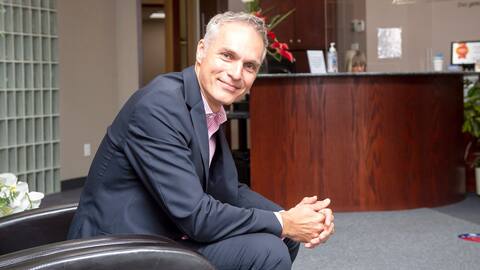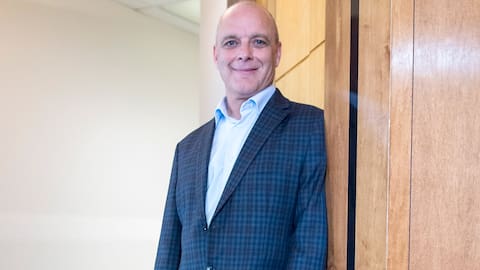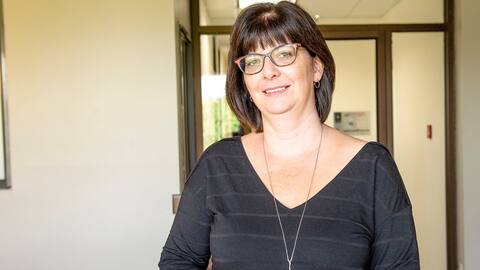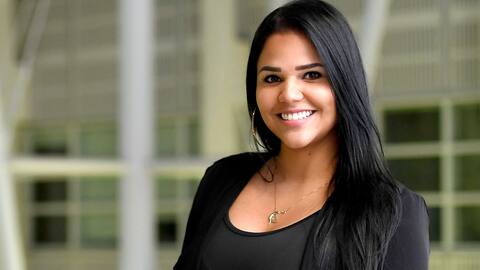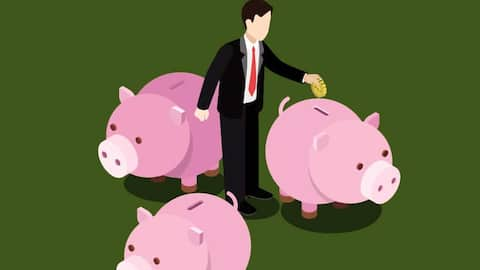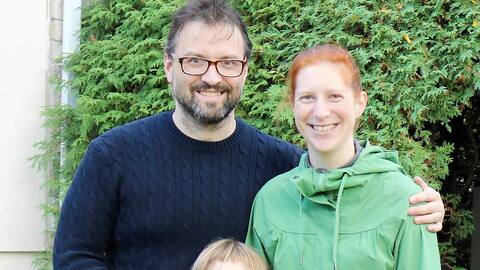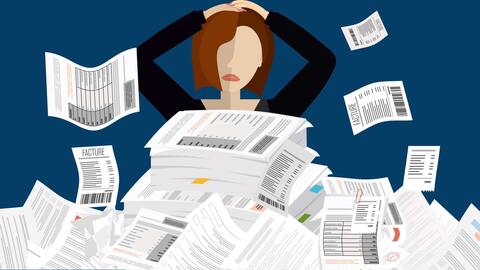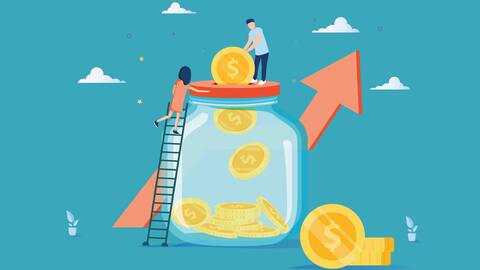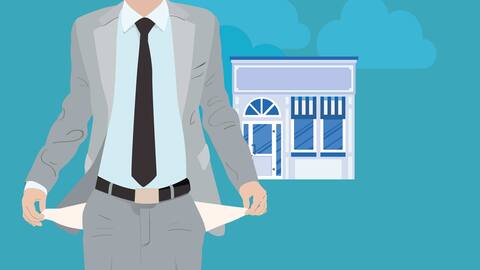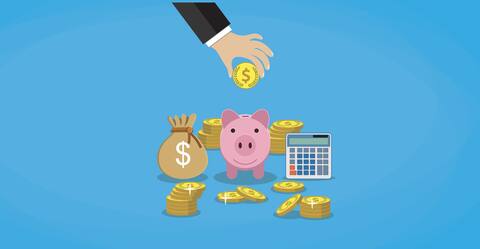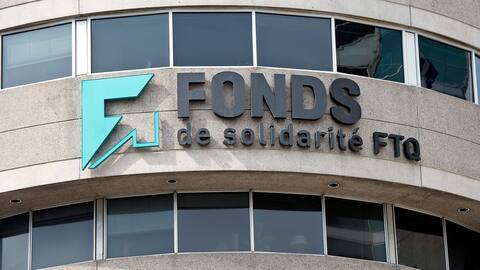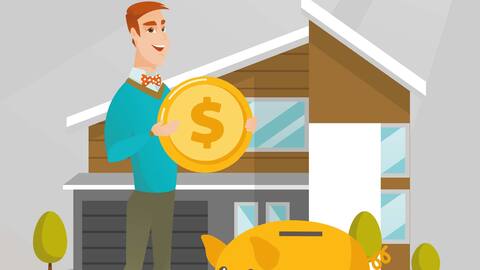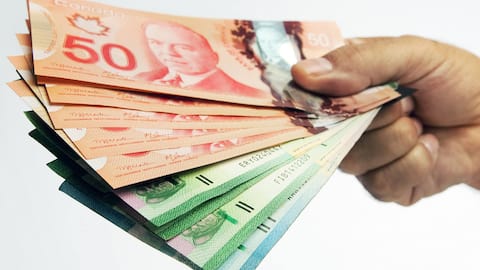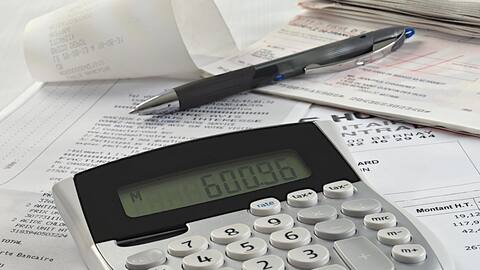COVID-19 brings its share of financial uncertainties. Maybe you have more than financial difficulties since the crisis. The vast majority of Quebecers have continued to work by receiving their salary. By reducing their expenses since confinement, many have more savings. An opportunity to invest for retirement or real estate projects.
The pandemic forces to review its finances
The pandemic will have influenced the wallets of Quebecers who must now prepare for the second wave. Since March, several companies have frozen employee salaries and financial anxiety has skyrocketed. Conversely, some people have managed, thanks to the reduction in their expenses, to build a solid stocking.
“Right now, we’re writing history as we go. There is no one who really knows what will happen next week ”, answers the Newspaper Stéphane LeBlond, President of Syndic LeBlond et Associé.
“Several economic forecasts related to the impacts of COVID-19 have not come true. For example, after the first confinement, we predicted a tidal wave of consumer bankruptcies and this has not yet happened, ”he continues, to illustrate this period of uncertainty.
However, the pandemic has prompted Quebecers to review their way of spending to avoid bankruptcy, others have taken the opportunity to save in order to carry out projects that are close to their hearts:
- A young businesswoman takes the opportunity to buy a house.
- A family of three manages to get through the crisis with the help of the state.
- A young person in business takes advantage of the drop in expenses to pay off his debts.
- And Amélie and Jean who are experiencing a descent into hell because of COVID-19.
Savings climbed 34.5%
Due in particular to the increase in teleworking, lockdowns, government assistance programs and financial institution relief measures, several Quebecers have managed to put more money aside in recent months.
Moreover, according to data from the Institut de la statistique du Québec, the household savings rate fell from 13.4% in the first quarter of 2020 to 34.5% in the second quarter. And savings jumped during that same period from $ 36.8 billion to $ 106 billion (annualized rate).
This situation was reflected in particular in the accounts of TD Bank. The latter noted an 18% increase in deposits.
At Desjardins Group, spokesperson Chantal Corbeil also confirmed to the Newspaper that the financial institution of Lévis had observed since March an increase in the number of deposits, that is, among other things, the money found in the bank accounts of members.
For the first six months of 2020 compared to 2019, Desjardins recorded an increase of 14%. As of June 30, the accumulated amounts stood at $ 220 billion, according to their financial report.
As for the National Bank, the volume of deposits climbed 9.7% in the third quarter, compared to the same period in 2019.
With the growth of telecommuting, people’s spending has also declined. Still according to the Institut de la statistique du Québec, they fell by 13.9% between the first and second quarters of 2020.
Despite the increase in savings in recent months, more than one in two Quebecers still considers that he does not put enough money aside for his retirement, suggests a survey by Éduc-Épargne, carried out as part of Financial Planning for Retirement Month.
According to Pierre Fortin, president of Jean Fortin & Associés, this honeymoon concerning savings should however come to an end for some when the banks put an end to their relief measures, in particular the postponement of mortgage or product payments. financial.
He estimates that this is when the number of bankruptcies could increase.
Mr. Fortin mentions that he has never seen such a high savings rate among Quebecers. “It is not realistic that this can be maintained at nearly 40%,” he notes. In 2017, it was 5.7%.
Move of mercy
As for companies, according to the president of the syndic LeBlond et Associés, the second wave of the pandemic should lead to its share of bankruptcies and restructuring, among others, in the sectors affected by the reconfinement. And who says bankruptcy means loss of jobs.
“In the restaurant business, this will be the final blow to all the companies that thought they had an opportunity to get by with government programs,” Newspaper Stéphane LeBlond. This means that there is likely to be a lot of people on real unemployment. You can sense financial anxiety among business people, ”he continues.
The latter, who does not believe that it will be possible to save all the companies, affirms that those which were already in financial difficulty before the pandemic will be still so at the end of the assistance programs.
This week, Revenu Québec extended until December 31 the deadline for filing refundable tax credit applications for businesses, applications for the non-refundable tax credit for international financial centers as well as for development. e-business.
Benefits and financial anxiety
COVID-19 created financial anxiety for some consumers, which was reflected in their spending. Conversely, some people have been able to take advantage of the impacts of the pandemic.
► Click this link to continue reading.
Wage freezes in sight for 2021
Financial instability due to the pandemic will have impacts on the basic pay of some workers. Already just over a third (36%) of Canadian businesses have opted for a wage freeze this year, and the impact is expected to continue into 2021.
► Click this link to continue reading.
The calm before the storm
Since April, the number of personal insolvency cases handled by trustees in Quebec has plunged by about 50%, compared to 2019. This is the calm before the financial storm, experts fear.
► Click this link to continue reading.
A “tsunami of bankruptcies” will sweep over Quebec
Should consumers fear the second wave of COVID-19? Which sectors might not recover from the reconfinement? The partner and financial recovery advisor and licensed insolvency trustee at Raymond Chabot, Éric Lebel, provides an update.
► Click this link to continue reading.
Quebecers are not saving enough and they know it
A little more than one in two Quebecers still consider that they do not put enough money aside for their retirement.
► Click this link to continue reading.
Work a lot and spend less
Since the arrival of COVID-19, there is not enough 24 hours in a day for Andrea Gomez. The company she co-founded is currently experiencing strong growth, which means that she works a lot and spends little.
► Click this link to continue reading.
Where to put your money in the midst of a crisis?
Faced with the threat of a second wave of COVID-19, we are going through highly risky economic times and it is very difficult to choose the appropriate investments based on our financial needs and, above all, our level of risk tolerance.
► Click this link to continue reading.
A family found a way to get rich
A health system manager, father of three, with a family income of $ 95,000 a year has seen his financial situation improve with the pandemic.
► Click this link to continue reading.
Debt first, then savings
Rich is he who has no debts. This proverb sums up the thought of Francis Dumais, 39, who wants to continue saving against all odds, even if his business is hit by the crisis.
► Click this link to continue reading.
Descent into hell after losing his job
Until recently, Amélie worked abroad in the hospitality industry for about five months a year. The rest of the year, she returned to Quebec and worked in the restaurant business. Her financial situation was already precarious, but the pandemic has plunged her into an untenable position.
► Click this link to continue reading.
Savings, a declaration of independence!
Something tells me that there will be a lot of talk about the family budget over the next few months due to the COVID-19 pandemic.
► Click this link to continue reading.
COVID-19 kills his business
For years, Jean had one goal in mind: to go into business. He finally realized his dream in 2017, and invested all his savings in it. But success is not there and COVID has ended up sounding the death sentence for his business.
► Click this link to continue reading.
How to maintain the savings habits acquired during the crisis?
With the pandemic, some felt they had saved more. This is not an illusion, and statistics show this phenomenon. Now that we are on the right track, how can we maintain our good habits?
► Click this link to continue reading.
Labor-sponsored funds are doing well
Is it still worth it to invest part of your savings in one of the three tax-advantaged funds offered in Quebec, namely the Fonds de solidarité de la FTQ, Fondaction de la CSN or Capital régional et coopératif Desjardins?
► Click this link to continue reading.
Take your savings to buy a house now
The owner of a proudly purchased home has probably told you the following statement: “Buying a home is an investment. Is this really true? And above all, can you make your nest egg grow by swapping your tenant’s lease for a mortgage?
► Click this link to continue reading.
Should we postpone retirement due to the pandemic?
Have you lost your job or self-employed income due to COVID-19? Maybe now is the time to reinvent yourself, push back your retirement date and watch your debts …
► Click this link to continue reading.
What to do with your savings?
We are still going through a strange period. Part of the economy is completely blocked, unemployment has not been so high in ages. And then what ?
► Click this link to continue reading.
In response to your questions
In this article, we answer Claude who wonders about the procedure to follow in order to withdraw 25% less RRIFs this year, as allowed by the government in the spring, as well as Bernard who wants to know how to find a financial planner.
► Click this link to continue reading.
 Canada Live NEWS – 24/7 Breaking Headlines & Updates Canada Live News is one of the largest news curating sites across Canada which is made exclusively for Canadian people.
Canada Live NEWS – 24/7 Breaking Headlines & Updates Canada Live News is one of the largest news curating sites across Canada which is made exclusively for Canadian people.